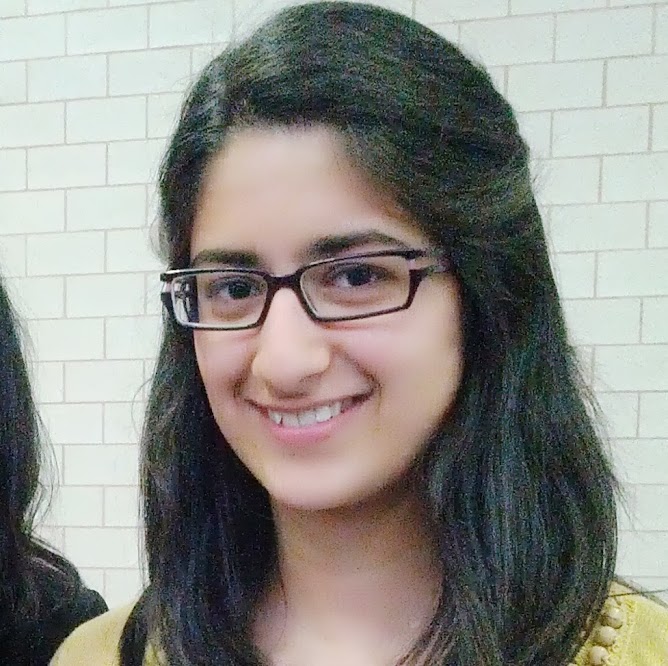By Shivani Maru
Masdar City: the future of sustainable living. Initiated back in 2006, Masdar City (located in Abu Dhabi) is a city that will only run on renewable resources. Although some may argue that this initiative will be ineffective as it is surrounded by ‘some of the world’s most unsustainable developments,’ Masdar City is helping to correct this. Masdar City is another way of raising awareness to residents of the UAE and the world about green technology.
Sustainability is very important for the economy, especially for the future. What’s the use of producing goods from natural resources that will eventually run out? Especially, when natural resources are being consumed faster than they are being produced. They are going to run out, and also considering that Abu Dhabi is a net exporter of oil, this raises questions as to the sustainability of the country. Often, governments use higher taxes on petrol as a way of becoming more sustainable. However, the truth is is that we need these resources regardless. Therefore, it’s better to look at renewable resources as an alternative.




